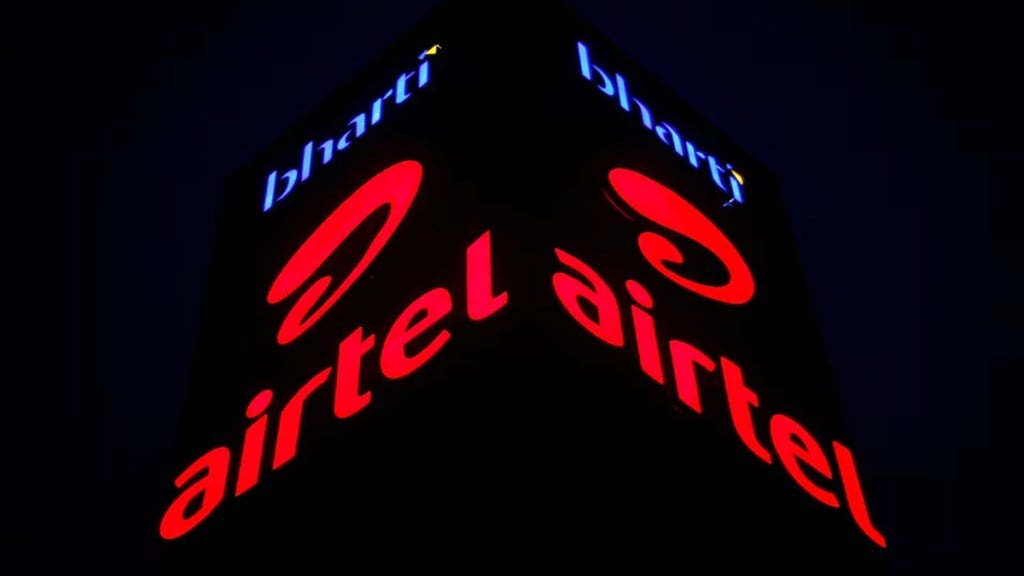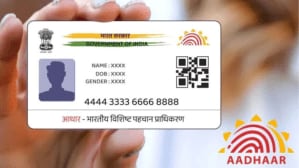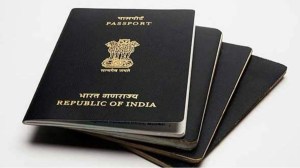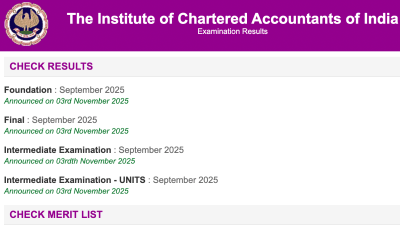Bharti Airtel on Tuesday announced an agreement with Elon Musk-owned SpaceX to bring Starlink’s satellite internet services to its users in the country. The agreement, which is the first by Starlink to retail its services in India, is subject to the US satcom getting a licence to operate, which is currently under evaluation by the government.
As part of the agreement, Starlink will explore offering its services via Airtel to business customers, schools, health centres and unconnected areas in the country. Airtel will also offer Starlink equipment in its retail stores. The pact is in the nature of a downstream distribution agreement.
The partnership is a coup for Bharti Airtel, and recasts the competitive landscape in India, intensifying the fight for market share with Reliance Jio. However, the arrangement with Airtel is not exclusive, sources said, adding it is possible SpaceX could also team up with other telcos.
Both telecom operators in India have been at loggerheads with Starlink over spectrum allocation method and licensing rules for satcom operators in the country. The telecom operators fear that companies like Starlink would eat into their market share by targeting the elite retail customers in urban areas and therefore they should be given the spectrum the same way as telecom operators, that is through auction route.
Interestingly, Bharti Enterprises, the parent company of Bharti Airtel, is the largest shareholder with a 21.2% share in Starlink competitor Eutelsat OneWeb, which manages a constellation of over 630 satellites low Earth orbit (LEO) satellites for providing satellite internet to enterprise customers. OneWeb has the second-largest LEO constellation in the world after Starlink, which has over 7,000 satellites.
Airtel’s pact with Starlink in addition to its existing alliance with Eutelsat OneWeb, will help the operator to connect the underserved areas in the country, particularly those with limited to no coverage, according to a release by the company.
“This collaboration enhances our ability to bring world-class high-speed broadband to even the most remote parts of India, ensuring that every individual, business and community has reliable internet,” said Gopal Vittal, managing director and vice chairman at Bharti Airtel.
“Starlink will complement and enhance Airtel’s suite of products to ensure reliable and affordable broadband for our Indian customers – wherever they live and work,” Vittal added.
With Starlink enterprise suite, Airtel will be able to offer enterprises, businesses, and communities comprehensive and seamless connectivity packages, the release said.
“We are excited to work with Airtel and unlock the transformative impact Starlink can bring to the people of India,” said Gwynne Shotwell, president and chief operating officer, SpaceX. “The team at Airtel has played a pivotal role in India’s telecom story, so working with them to complement our direct offering makes great sense for our business.”
Analysts said barring the regulatory stance by telcos, Airtel’s partnership with Starlink is directionally positive for the business. With both OneWeb and Starlink services, Airtel can take an edge in the satcom space when compared to Jio-SES service, which currently has just over 70 satellites.
The take up will also depend on what kind of pricing Starlink will have for India, they said.
TV Ramachandran, president of Broadband India Forum, said, “The news of Airtel- Starlink partnership is a welcome mix of competition and collaboration.”
According to Ramachandran, it makes good business sense for the satcom and telecom sector to collaborate to connect the unconnected as fibre cannot reach everywhere.
The Broadband India Forum represents companies such as OneWeb, Hughes, Nelco, Meta, Netflix, among others.
Starlink’s application for a licence is being evaluated for security checks in the country. Sources said the company has submitted its formal acceptance of the key conditions such as local data storage, set by the government for launching satellite broadband services in the country. Starlink’s application is being evaluated by the ministry of home affairs and security agencies.
The government is also yet to release the rules for satellite spectrum allocation via administrative route (non-auction) and the pricing of spectrum. The Telecom Regulatory Authority of India is yet to release its recommendations on satcom spectrum pricing and other terms.









